The Conservation Alliance for Seafood Solutions is committed to improving both the environmental sustainability and social responsibility of seafood supply chains. We support the UN Guiding Principles on Business and Human Rights that encourage companies to undertake human rights due diligence. We also recognize that while some businesses prioritize social responsibility in their seafood supply chains, human rights due diligence is not yet the norm across the industry, particularly in the U.S. The Alliance is committed to a future in which strong due diligence and social safeguards are in place throughout seafood supply chains.
As Executive Director, I support the inclusion of human rights and social responsibility in fishery improvement projects (FIPs) by FisheryProgress. It is necessary so that FIPs can improve their social performance and to provide seafood buyers with information to make informed sourcing decisions. To be effective, the NGO community must rally around the inclusion of social responsibility in all seafood production, encourage FIPs to comply with the new requirements on FisheryProgress and encourage seafood buyers to financially support risk assessments and social work plan development.
For some within the Global Hub community the new FisheryProgress Human Rights and Social Responsibility Policy will feel like it is burdensome, while for others it will feel insufficient. That said, a minimum bar for credibility is important, and this policy is working to establish that. Conversations about appropriate minimum requirements and the evolution of best practices for seafood production are the types of discussions we will facilitate at the Alliance. We aim to be the home for intersectional conversations about environmental and social performance and improvement in seafood production.
To learn more with the FisheryProgress team about its new social policy, you can watch a recording of the launch webinar hosted by Diversified Communications here.
I would encourage the seafood community to discuss and collaborate around this effort and the FisheryProgress policy as the community works to include social performance expectations in existing environmental frameworks. This policy is an important step that establishes a set of practices and approaches designed to minimize the risk of human rights abuse.
I look forward to reviewing the results of FisheryProgress’ reports on the practicality and effectiveness of this policy. As social responsibility becomes a part of regular business in the seafood industry, it will be important to strengthen this policy so that FIPs receiving market recognition are assessing and addressing human rights risks and are in accordance with international best practice.
It is critical that the seafood sector moves toward a future where human rights are protected; respected; and–when controverted–remedied. In addition, minimum acceptable practices for social safeguards and due diligence must be implemented in accordance with the UN Guiding Principles on Business and Human Rights and other relevant policies and practices.
Sarah Hogan and Teresa Ish, Program Officers from the David and Lucile Packard Foundation and Walton Family Foundation, respectively, also authored an insightful article on the FisheryProgress Social Policy that gives a helpful overview to the evolution of Fishery Improvement Projects and shares a call to action for the sustainable seafood movement to proactively integrate social responsibility alongside environmental sustainability in FIPs.
